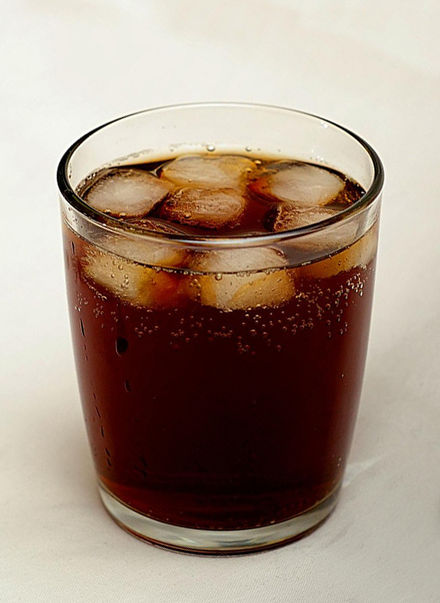
25 Oct Parental Attitudes Linked to Infant Sugar-Sweetened Beverage Consumption
MedicalResearch.com Interview with:
 Jennifer Woo Baidal, MD, MPH
Jennifer Woo Baidal, MD, MPH
Assistant Professor of Pediatrics
Director of Pediatric Weight Management,
Division of Pediatric Gastroenterology, Hepatology, and Nutrition,
Columbia University Medical Center &
New York-Presbyterian Morgan Stanley Children’s Hospital
MedicalResearch.com: What is the background for this study? What are the main findings?
Response: Childhood obesity prevalence is historically high, with most incident obesity among children occurring before age 5 years. Racial/ethnic and socioeconomic disparities in childhood obesity are already apparent by the first years of life. Latino/Hispanic children in low-income families are at-risk for obesity. Thus, understanding potentially effective ways to prevent childhood obesity, particularly in vulnerable populations, should focus on early life.
Sugar-sweetened beverage (SSB) consumption is a modifiable risk factor for obesity and is linked to other adverse health outcomes. Maternal SSB consumption in pregnancy and infant sugar-sweetened beverage consumption in the first year of life are linked to later childhood obesity.
We sought to describe beverage consumption in a modern cross-sectional cohort of 394 low-income, Latino families, and to examine the relationship of parental attitudes toward sugar-sweetened beverages with parental and infant SSB consumption.
MedicalResearch.com: What should readers take away from your report?
Response: In this cohort of WIC-enrolled families in the first 1,0000 days, we found that 89% of parents and 30% of infants habitually consumed sugar-sweetened beverages. More negative parental attitudes towards SSBs were associated with fewer SSB calories consumed by parents and lower likelihood of infant SSB consumption.
MedicalResearch.com: What recommendations do you have for future research as a result of this work?
Response: Efforts to curb sugar-sweetened beverage consumption during pregnancy and infancy are needed. Interventions that include messaging to influence parental attitudes towards SSB consumption should be tested during the first 1,000 days in order to promote healthy infant nutrition and growth.
MedicalResearch.com: Is there anything else you would like to add?
Response: Research reported in this publication was supported by the National Institute Of Diabetes And Digestive And Kidney Diseases of the National Institutes of Health under Award Number K23DK115682, K24KD10589, and Robert Wood Johnson Foundation New Connections Grants Through Healthy Eating Research Program (RWJF Grant #74198). The content is solely the responsibility of the authors and does not necessarily represent the official views of the National Institutes of Health or any of the other funders.
Citation:
Sugar-Sweetened Beverage Attitudes and Consumption During the First 1000 Days of Life
Nutrition/Food, Obesity, Overweight, Underweight, Child and Adolescent Health, Race/Ethnicity, Low-Income Children, Family Health, Maternal and Infant Health, Hispanics/Latinos
Jennifer A. Woo Baidal, Kayla Morel, Kelsey Nichols, Erin Elbel, Nalini Charles, Jeff Goldsmith, Ling Chen and Elsie Taveras
Ahead of Print 25 Oct 2018
[wysija_form id=”3″]
[last-modified]
The information on MedicalResearch.com is provided for educational purposes only, and is in no way intended to diagnose, cure, or treat any medical or other condition. Always seek the advice of your physician or other qualified health and ask your doctor any questions you may have regarding a medical condition. In addition to all other limitations and disclaimers in this agreement, service provider and its third party providers disclaim any liability or loss in connection with the content provided on this website.
Last Updated on October 25, 2018 by Marie Benz MD FAAD
